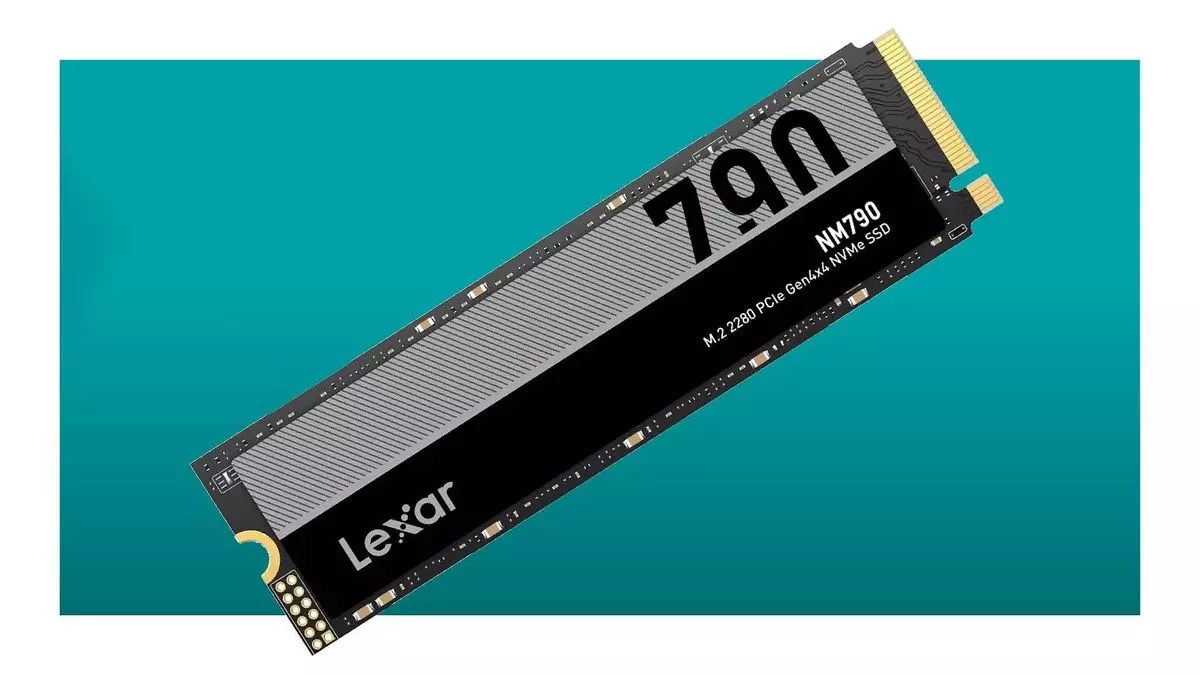As the gaming community buzzes with excitement surrounding next-generation hardware, enthusiasts are preparing for significant upgrades to their gaming rigs. With emerging technologies and hardware from major manufacturers like AMD, Intel, and Nvidia, gamers are at the brink of a new gaming era. This article explores the current landscape of gaming PC advancements, the necessity for upgrades, and the value of budget-friendly storage solutions like the Lexar NM790 SSD.
The Rise of Next-Gen Hardware
With the anticipation of the AMD Zen 5 CPUs and the potential release of an upgraded 9000-series X3D processor—most notably the rumored 9800X3D—there’s a palpable buzz among gamers. Meanwhile, the Intel Arrow Lake processors are slated for release, promising to shake up the market further. All eyes are also on Nvidia’s upcoming Blackwell graphics cards, particularly the RTX 5080 and 5090, which have been generating speculation and enthusiasm due to leaks hinting at their capabilities.
This era of innovation opens the door for gamers, many of whom are currently using outdated components, to consider a full system overhaul. The convergence of new CPUs and GPUs is a perfect opportunity for those craving enhanced performance to make substantial upgrades. This shift not only caters to hardcore gamers but also engages casual players looking to improve their experience.
Why Upgrades Don’t Have to Break the Bank
Many gamers might feel that keeping their systems updated demands the latest and most expensive components. However, this isn’t necessarily the case for every part of the build. Focusing on cutting-edge graphics cards and processors is important, but one component that typically doesn’t require spending top dollar is the Solid State Drive (SSD). The Lexar NM790, specifically, stands out as an exemplary option.
Despite being a PCIe 4.0 SSD, which might seem lagging compared to the alleged PCIe 5.0 alternatives, the NM790’s performance remains impressive. Gamers often overlook the aspect of speed when it comes to daily gaming applications. With read speeds reaching up to 7,400 MB/s and write speeds of 6,500 MB/s, this drive delivers ample performance for gaming needs, maintaining efficiency for game launches and loading times.
Available in various capacities, including a well-priced 1 TB option at around $75 (after a notable discount), the Lexar NM790 proves to be a budget-friendly solution without compromising performance. For $140, the 2 TB variant allows users to enjoy extensive storage for game installations, too. The pricing puts it within the reach of many builders looking for economical yet high-quality storage solutions.
It’s worth mentioning that the NM790 may be cache-less, but in today’s context, this doesn’t hamper its performance significantly. SSD designs typically leverage a portion of their DRAM as pseudo-SLC cache, enabling speedy transfer operations even with considerable data loads. This cache strategy is particularly beneficial since gaming processes involve high read activity rather than extensive writing, making the NM790 an optimal choice for most gamers.
Having utilized the Lexar NM790 in my own setup, I can confidently recommend it for anyone considering an upgrade or fresh build. It represents an ingenious intersection of affordability and performance, especially suited for a new rig built around the latest CPU or GPU. Personally, I would lean towards the 2 TB model to ensure there’s ample space for future game expansions, though the 1 TB is certainly a stellar start for a budget-conscious builder.
Ultimately, the gaming industry is shaping up for a monumental leap forward, and investing in the right components—like the Lexar NM790 SSD—can ensure that players are ready to embrace and enjoy what’s next without incurring excessive costs. As we continue to navigate this evolving landscape, striking a balance between performance and budget will remain key for all gaming enthusiasts.


Leave a Reply